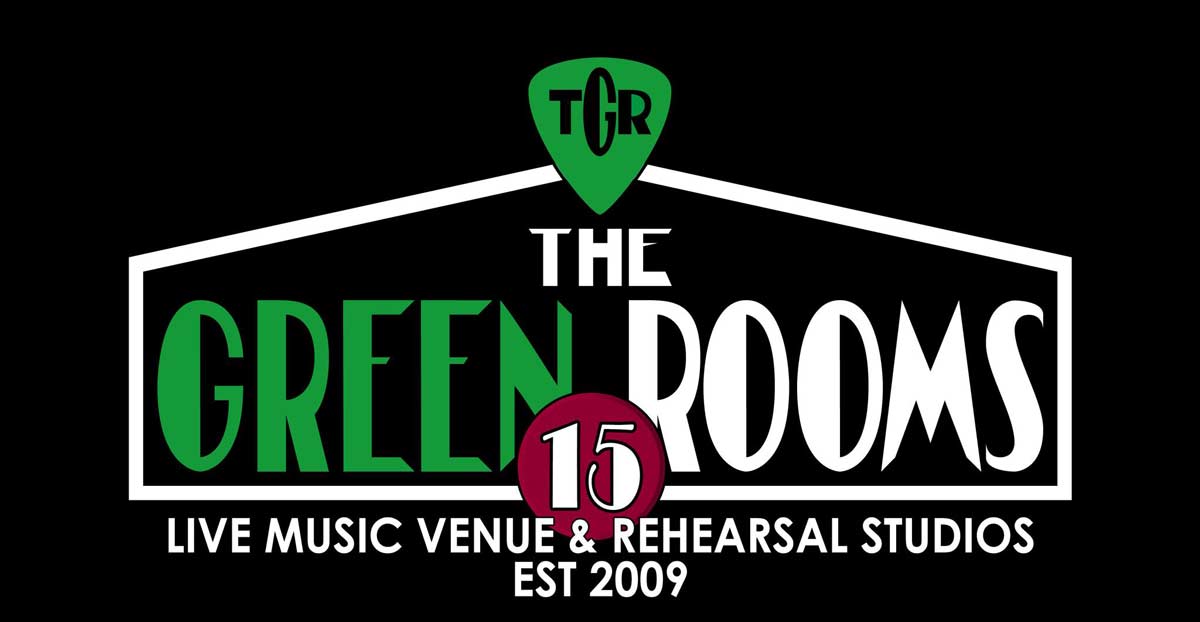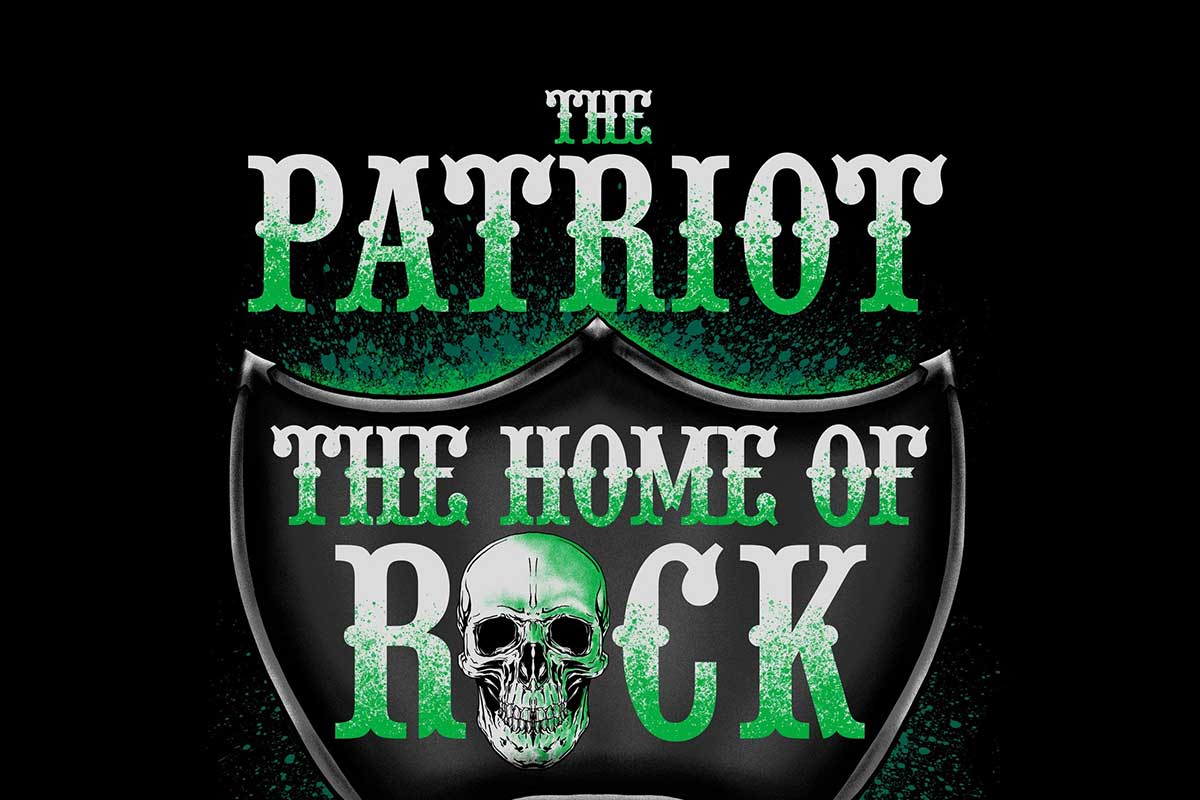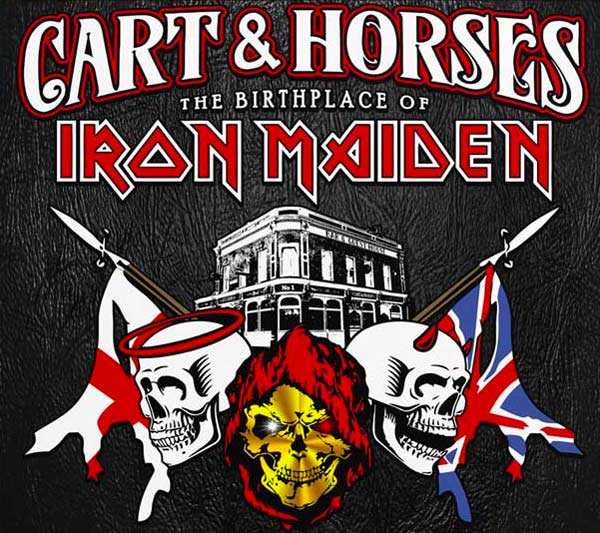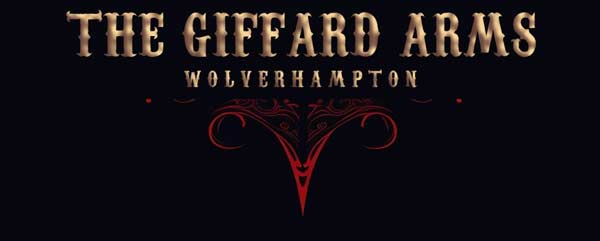Beware of false knowledge; it is more dangerous than ignorance
George Bernard Shaw
Let’s set the record straight right away.
Little Richard was the true innovator of rock and roll. Every genre of rock and roll can be traced back to The Beatles. The period of music from 1968 to 1972 will never be surpassed in terms of the birth of legendary bands and output of classic albums. The 1970 Albert’s Hall concert by Led Zeppelin set the gold standard for incendiary, sexually charged, tight-but-loose rock and roll. The Allman Brothers did not waste one note on their Live at Filmore’s East album. And, of course, there will never be anything like the Age of Bowie.
I am 58, and most of my vinyl collection (before I regrettably sold it in 2005 when I temporarily moved to Switzerland) was right in the creative wheelhouse of the late ’60s and early ’70s rock and roll. Looking back, there was an almost incomprehensible quality of music that lit up the world in that short burst of time. Even seminal records in soul music–Marvin Gaye’s What’s Going On and Sly and The Family Stone’s Stand–were released during this period. Both those albums, like those of that generation, have held onto their musical and cultural value. In my forthcoming book Sonic Seducer: Lust For Life With The Transcending Moments, Memories, and Magic of Rock and Roll, I dedicate a whole chapter to this four-year period of music–and what was missed!
Here is an excerpt:
The moon landing. Vietnam. Kent State Shootings. Political assassinations of Martin Luther King and Bobby Kennedy. And, right in the middle of all of this was the end of The Beatles. These were just some of the global events that marinated with the cultural and musical impact of The British Invasion, led, of course, by The Fab Four. The resulting music stretched the emotional landscape from hippie optimism found in the musical Hair to the proto-punk nihilism that was rocket fuel for The Stooges. It was uplighting Age of Aquarius one second and hedonistic Down on the Street the next. And in between was some of the greatest music ever created.
However, most of the music I obsessively listen to now are from artists who exist in the here and now. The present… I will get to the musical reason for this, but there is a larger, philosophical rationale for devouring the fruits of our present–and as such, framing our lives in this rock and roll effervescence.
“Life exists only at this very moment, and in this moment, it is infinite and eternal. For the present moment is infinitely small; before we can measure it, it has gone, and yet it persists forever.”
Become What You Are, Alan Watts
Our lives are enriched by the arts. They are enriched further if the time period that they are cherished is the only one that any human has ever lived in–the present. Don’t get me wrong. The currency that has been attached to the high fermentation period of rock and rock culture of 1968 to 1972 will never–and should be never–devalued. However, there is something quite special happening 50 years later. Something that just could not have happened back then. Having all the groundbreaking sounds of rock, metal, psychedelia, blues, and folk mix in the underground for many decades has created endless possibilities of mouth-watering fusion.
Lemmy’s favourite artists–Little Richard, The Beatles, and Gene Vincent–had at least an emotional impact on the music and attitude that was created in Motörhead. That is how culturally relevant the roots of rock and roll were, and still are.
Now, don’t you think that the richest period of rock and roll–that saw the end of The Beatles and the beginning of Black Sabbath–would have a similar impact? Only this impact would be seismic. Except the musical earthquake would have far below levels of mainstream detection.
Which explains the problem with almost everyone of my peers – especially if they are in the shallow waters of the music industry. That they firmly believe that today’s music is vastly inferior to the period during the heyday of classic rock/FM radio.
The simple reason for that false narrative is that these people have been disconnected from the deep end of music since the early ’90s, when the whole Seattle music scene was dropped ceremoniously on their front door – and everyone else’s. That same time period, coincidentally, a less audible sound was dropped on the world. It was heavier. It was more psychedelic. It was just more muscle and grease. Kyuss, Monster Magnet, Fu Manchu, and Sleep had all arrived.
The Four Horsemen of stoner/desert rock would have a collective influence that would help deeply shape the decades to come. And those bands, collectively at least, mined their influences feverishly from known and unknown artists of the aforementioned golden generation of rock music.
So while the Seattle/Grunge(yes, we all hated that word) scene began to evaporate by the late ’90s, with only Pearl Jam standing–like some Survivor contest–the stoner rock community was at the cusp of truly growing, when the label Man’s Ruin came on the scene. But, all of this has been firmly entrenched outside detection of the limp, mainstream musical radars.
So a false confidence that rock and roll was dying seemed to envelope most music critics, especially the ones who got rightfully fat on Electric Ladyland, Abbey Road, Morrison Hotel, Paranoid, Zeppelin IV, Who’s Next, MadMan Across The Water, Rise and Fall of Ziggy Stardust, Exile On Main Street, Deja Vu, Tapestry, After The Gold Rush, and so on, and so on…
However, one of the best things that started happening with the onset of social media and its maturation, was the change in how information flowed.
It was no longer top-down vertical from institutions like radio stations and big ass publications, who were still pretentiously looking for the next R.E.M., Pavement, or Dinosaur Jr. No. Ideas and information started to flow horizontally, and everything got democratised. Just like in thermodynamics, you cannot destroy energy or matter. Here, you cannot destroy trust. It has to exist and move. And now it moves closer to the underground community of stoner rock, which also has folded in the more extreme sounds of doom–in a nutshell, a sound that is “slow and low” on volume levels that Lemmy would approve of.
As such, the power of the gatekeepers in terms of what music was validated as being “good”, began to diminish considerably. Not that anyone should have ever paid attention to any Top 100 Rolling Stone poll. I think for the top 100 Debut Albums of all time, Zeppelin I didn’t even make the top 50. Somebody hates rock music.
30 years ago, we waited with bated breath to listen to corporate radio and read corporate magazines like Rolling Stone and SPIN to find out what would surface in terms of new rock and roll. The underground of rock, which was even there in that golden age of the aforementioned years(have you heard of Granicus, Iron Claw, Atomic Rooster, Cathedral, etc.?), was still toiling away, not caring what happened above their subterranean dwelling.
Well, that institutionalised dominance of radio and print is gone. Rock and roll for these laggards – sorry, no polite term is available here – is some simple mash up of celebrating Pearl Jam and Metallica, while thinking The Black Keys are the lone heir to the throne of rock and roll. A throne which these boomer music critics would concede is a dying Monarchy.
While there are several analogies which could symbolise the collective arrogance and ignorance that rock and roll somehow just shrivelled away, I think we need to find one which illuminates this simple truth:
Rock and roll didn’t die. Your curiosity for it did. Great music still exists. Your sense of adventure does not.
Imagine telling your neighbour that there is this most stunning sunset happening right now, and they should come down to the beach and see it. All they do is simply step outside on their porch, squint at some distant clouds, and go back inside – confidently thinking they didn’t miss anything.
Well, you missed it. You missed an entire generation of deliriously creative music that has been evolving for 30 years now. The moniker which this music has gone under has been stoner rock. It is both accurate and misleading at the same time. Yes, much of the music taps into the psyche of heavy riffs, psychedelia, slacker lifestyle, and drugs. But, it is far more than that. Well, for one, it is the most knowledgeable generation of the same period of music that the older generation holds in high standing. There is a full stop irony right there.
Just look at the top image. The only reason I chose 30 bands is because anymore, it might be hard to recognise the artists. These bands, again of which there are many more, are currently putting out some of the best music.
Actually, I just sold that whole scene incredibly short. My apologies to them. They are putting out some of the best rock and roll ever. Period. Comeback and debate with me when you have listened to all of the albums pictured above. Maybe then you will stop pining for a Led Zeppelin reunion. If Robert Plant has moved on, maybe we should as well.
Maybe this allt shocking or improbable to many of you, that today’s rock music is as good as 50 years ago. But, logically it makes sense, if we cycle back to where this generation sits in reference to the much earlier ones. The underground musicians of stoner rock, already having a deep reverence for all styles of music of that period, would be deeply curious to scope rock’s encyclopaedia, and create/synthesise a new sound by seamlessly interlacing all the varied styles of that period. A new sound for this generation. This is not imitation. This is musical innovation. Rock and roll is about constantly finding its edges and creating art with every inspiration/idea possible. A quote below from one of its masters sums it up all too well.
You have to learn to be strong and be glad to be alive. You have to take every colour available in the palette and make the best painting you can, while you can.
Nancy Wilson
There are more colours available now than 50 years ago. And many of those colours were still “wet”–ie. The birth of Sabbath, Zeppelin, Pink Floyd, Elton John, David Bowie, etc.
No other genre in the history of music has had a larger palette to work with–and, actually dab/smear all of them into their music. And, my generation of Boomers and older Gen Xers, by failing to understand the depth of Nancy Wilson’s words–the timeless clarion call of rock and roll–have done a disservice by transmitting grossly misinformed ideas about the death of rock music. An important point, this is only directed at those who are interested in rock and roll. If you are unaware of what is happening but are curious, then you are not the target of this article. Those who make it their occupation of giving the death rattle for classic rock sounds/’70s musicianship in 2022 most definitely are.
Instead of looking for where Beatles musicianship, Iggy Pop attitude, Pink Floyd meticulousness, Sabbath doom, and Bowie experimentation ended up–all in the expansive genre of stoner rock/doom/psychedelia–the so-called “greatest generation” made an arrogant and false decree that symbolises how they lost their way in their calcified ideas about music.
In the end, they ended like most people. Romanticising music of their teenage years to a point of creating and living with the lie that rock and roll–especially in its most combustible, salty, and emotionally haunting forms–is dead. Like their youth.
I’ve never felt younger and more alive. That’s because of the music of today. Here, we are all forever young–and free. It’s not too late to be seduced by the best bands of today and recapture your feral nature. It’s not too late to be ageless through the magic of the sonically and spiritually heaviest music on the planet. The best rock and roll as adhered to this Anne Rice quote, part of a foreword she wrote for a book about some short stories from Kafka.
Don’t bend; don’t water it down; don’t try to make it logical; don’t edit your own soul according to the fashion. Rather, follow your most intense obsessions mercilessly.
Anne Rice
Reaching back to the greatest period of rock music, one song, with three words, actually gave everyone the lifetime compass to never stop listening to the primal–yet always evolving–sounds of rock and roll. The band is Hawkwind. The song is Born To Go. Play today’s music loud. Play today’s music often. Play it…mercilessly. Now.
Sunil Singh: Author. Speaker. Math Storyteller. Porous Educator. Advisor at Amplify. Board of Directors, Human Restoration Project. Music freak and geek. Everything on “11”.
Sunil is on Twitter: https://twitter.com/Mathgarden







David Dondero explains longevity in The Living and the Dead: If you’re lacking in permanent you better make your moment potent. Figuring the Best took that advantage.